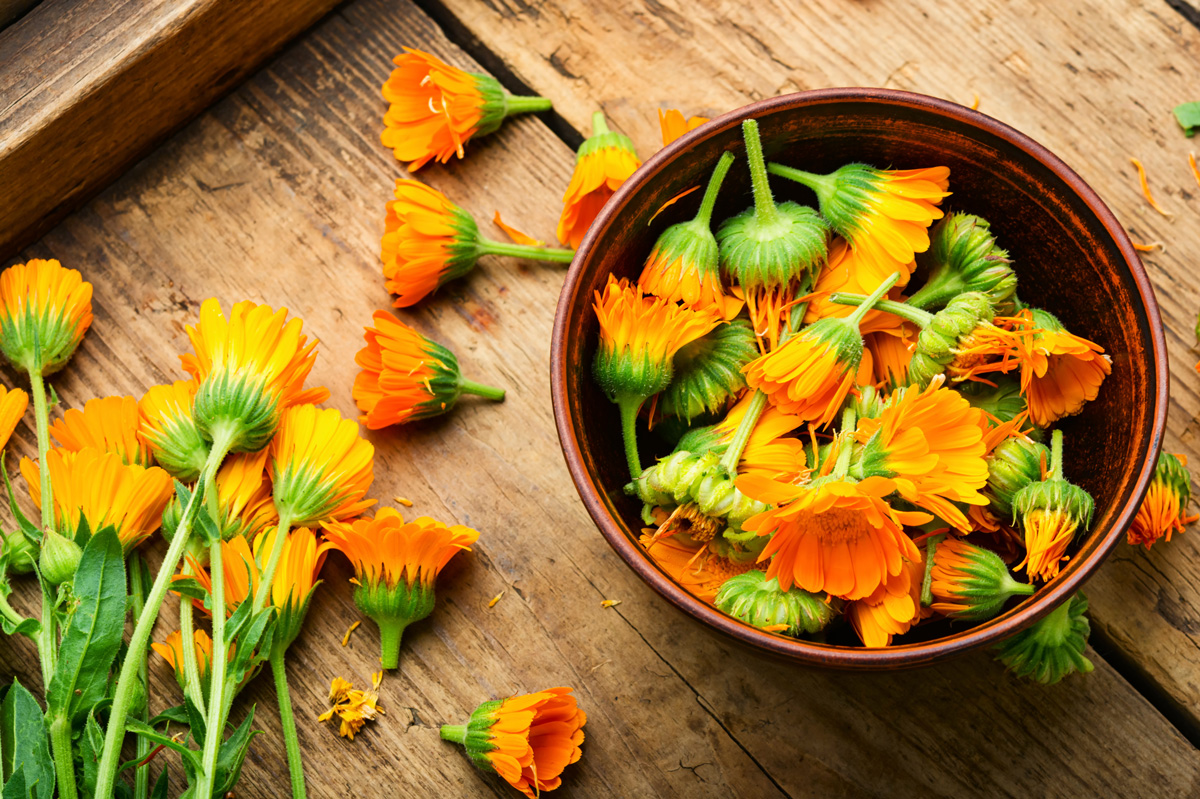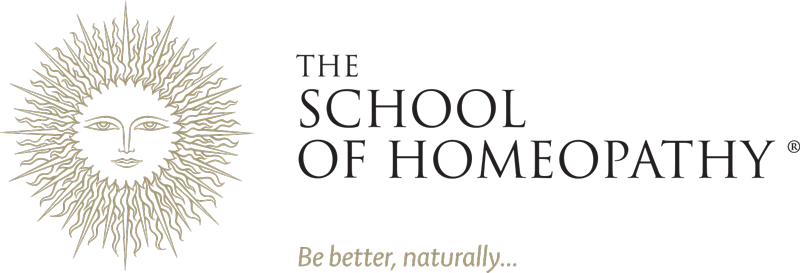A cut refers to a break or separation in the skin or soft tissues caused by a sharp object, such as a knife, scissors or glass. It is a common type of injury that can vary in severity, ranging from minor, superficial cuts to deeper, more significant lacerations. Cuts may result in bleeding, pain and an open wound that requires proper cleaning, care and, in some cases, medical attention to promote healing and prevent infection.
Homeopathy is a holistic system of medicine that works on the principle of “like cures like.” It uses highly diluted substances to stimulate the body’s own healing mechanisms. Homeopathic remedies can be effective in addressing anxiety by addressing the underlying causes and promoting overall wellbeing.
Here are seven commonly used homeopathic remedies for cuts:
1. Calendula officinalis (Calendula)
One of the most popular homeopathic remedies for cuts. It is known for its healing properties and can be applied topically as a cream or ointment to promote wound healing and prevent infection. Taking the remedy internally in pill form is more effective. Read more…
2. Hypericum perforatum (Hypericum)
Recommended for cuts and wounds that involve nerve-rich areas, such as fingertips or toes. It helps relieve pain and promotes healing of damaged nerves. Read more…
3. Staphysagria (Staph.)
This is indicated for clean, surgical cuts or incisions. It helps promote healing, reduce pain and prevent infection. Read more…
4. Ledum palustre (Ledum)
Suitable for puncture wounds, such as those caused by nails or insect stings. It helps reduce inflammation and prevent infection. Read more…
5. Arnica montana (Arnica)
A well-known homeopathic remedy for bruises and trauma. It can be used topically or orally to reduce pain, swelling and inflammation associated with cuts. Read more…
6. Silicea (Sil.)
Recommended for slow-healing cuts or wounds that tend to form abscesses. It helps promote drainage and encourages the healing process. Read more…
7. Graphites (Graph.)
A remedy indicated for cuts that are slow to heal and prone to infection. It helps promote granulation and prevent scarring. Read more…
Natural ways to help cuts heal:
1. Clean the wound: Rinse the cut with clean water to remove debris and gently cleanse the surrounding area. Avoid using harsh soaps or antiseptics that may irritate the skin.
2. Apply pressure: If the cut is bleeding, apply gentle pressure with a clean cloth or bandage to stop the bleeding. Elevating the injured area can also help reduce blood flow.
3. Keep the wound covered: Once the bleeding has stopped, cover the cut with a sterile dressing or adhesive bandage to protect it from dirt and bacteria.
4. Maintain good hygiene: Wash your hands thoroughly before handling the cut or changing the dressing to prevent infection.
5. Natural antiseptics: Apply natural antiseptic substances like honey or aloe vera gel to the cut. These can help promote healing and prevent infection.
6. Rest and elevate: If the cut is on a limb, try to rest and elevate the affected area to reduce swelling and promote circulation.
7. Healthy diet: Maintain a nutritious diet rich in vitamins and minerals to support the body’s healing process. Include foods high in vitamin C, zinc and protein.
Remember, if a cut is deep, wide, or shows signs of infection (such as increasing pain, redness, swelling, or pus), it’s important to seek medical attention. These remedies and natural approaches can complement proper wound care, but professional advice should be sought for more severe or complicated cuts.


